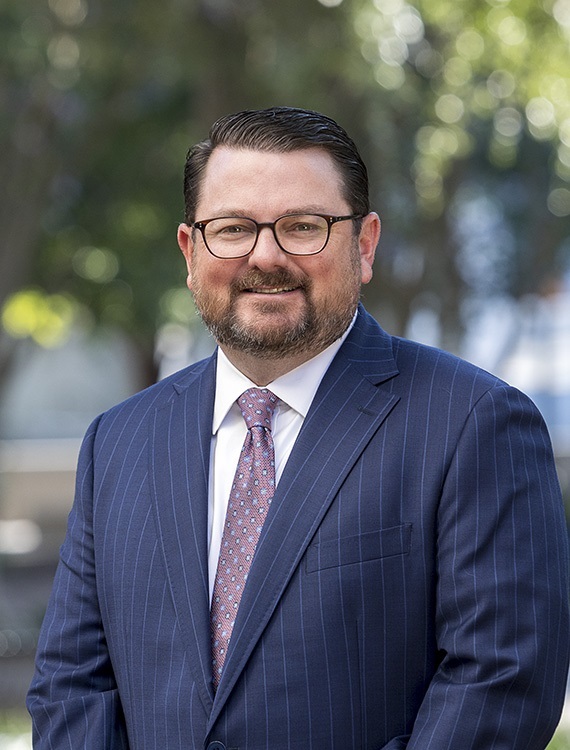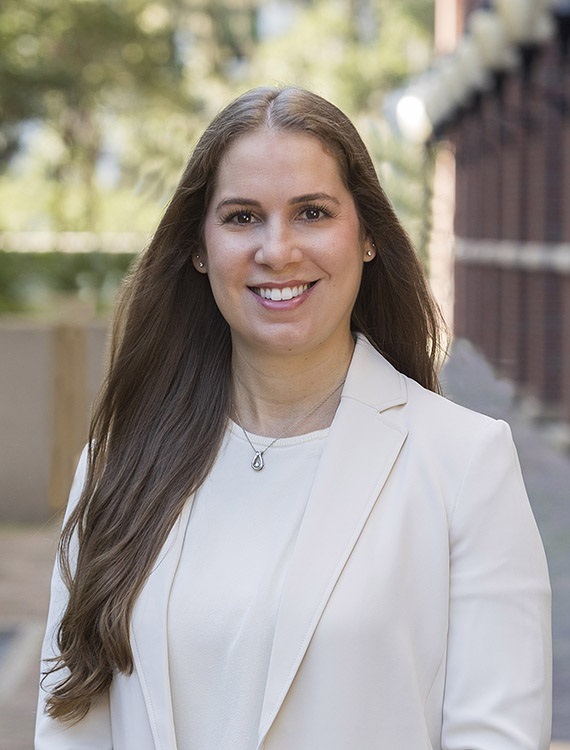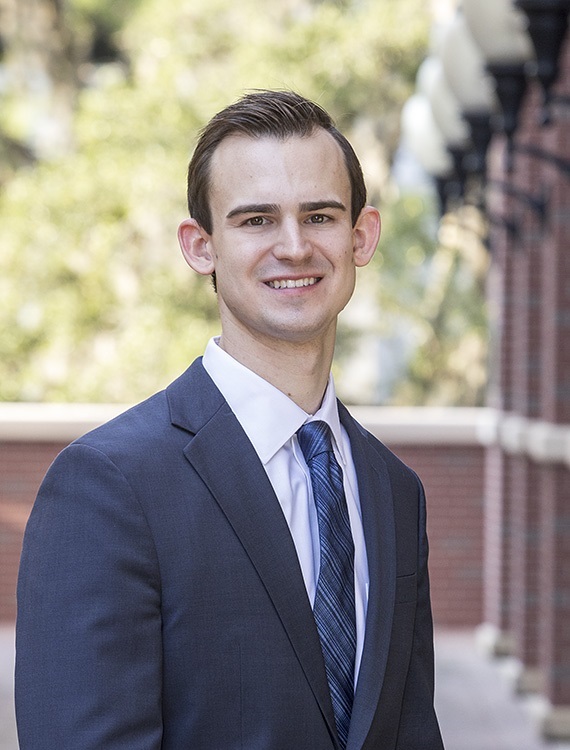New Insurer Influx Is Misleading
By SHANNON COLAVECCHIO and
JEFF HARRINGTON
Published: Thursday, July 2, 2009 at 6:02 p.m.
Last Modified: Thursday, July 2, 2009 at 6:02 p.m.
TALLAHASSEE | The influx of new property insurance companies that have added $4.3 billion to the pool of capital available on the Florida market consists mostly of so-called surplus insurance lines that typical homeowners can’t use.
Gov. Charlie Crist touted the growth of Florida’s private insurance market when he vetoed a bill last week that was designed to entice big-name insurance companies such as State Farm to keep writing policies by letting them charge much higher premiums.
In his letter explaining the June 24 veto, Crist suggested the state doesn’t need State Farm because "Florida has added new property insurance writers and a significant amount of new capital" since 2006.
But what Crist didn’t say, and what Insurance Commissioner Kevin McCarty has left unsaid when making similar claims, is this fact: 93 percent of the $4.3 billion, or roughly $4 billion, comes from unregulated, surplus line carriers.
These insurers typically write policies for unique, high-risk clients. Think liquor stores and industrial tankers, multimillion-dollar waterfront mansions, pricey condominiums, and baseball players insuring their pitching arms. Not the typical Floridian trying to insure a three-bedroom, two-bath house.
"I would describe it as the private sector’s market of last resort," said Gary Pullen, executive director of the Florida Surplus Lines Service Office, a nonprofit association created by statute in 1998.
Supporters of the vetoed rate deregulation legislation say McCarty misled the governor by failing to explain the predominance of surplus lines in the new insurance market capital. Moreover, they say the rich presence of those surplus lines is proof that the state’s hurricane-prone housing stock cannot afford to be without large, financially proven companies like State Farm.
"If that surplus line is being counted, then we have a real credibility problem in my view," said bill sponsor Rep. Bill Proctor, R-St. Augustine. "If they’re not going to be helping the little guys with a small home in Ocala, how are they counting it? . . . I think that’s misleading."
The legislation would have made it easier for big insurers like State Farm to raise customers’ premiums, which are now subject to significant state regulation. State Farm executives say regulators are not allowing them to charge realistic rates.












